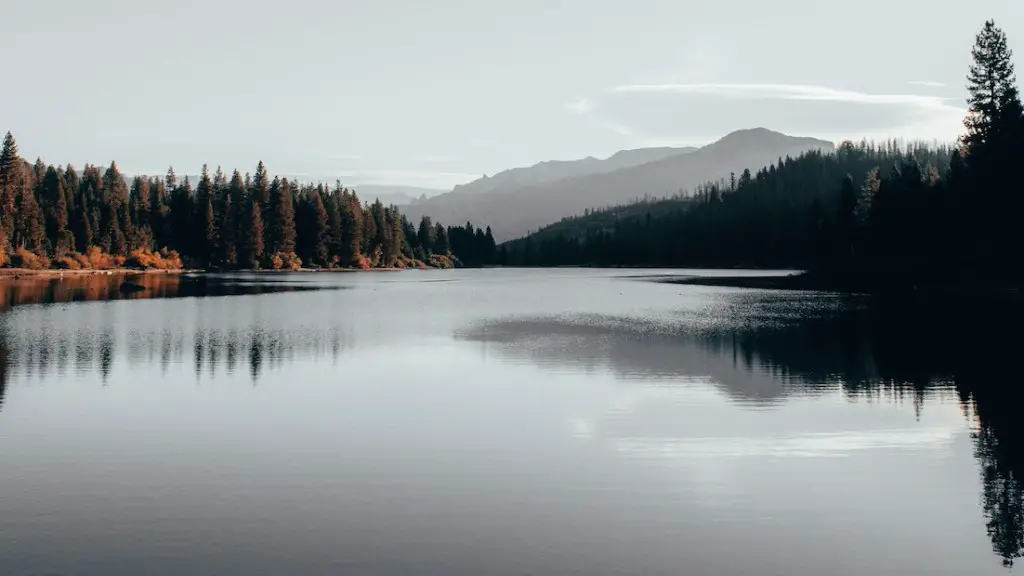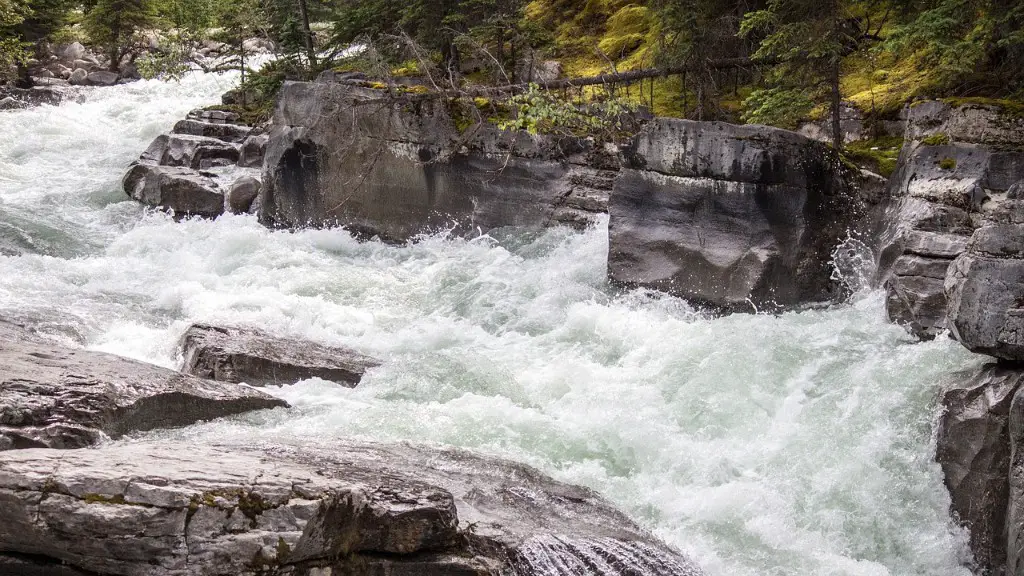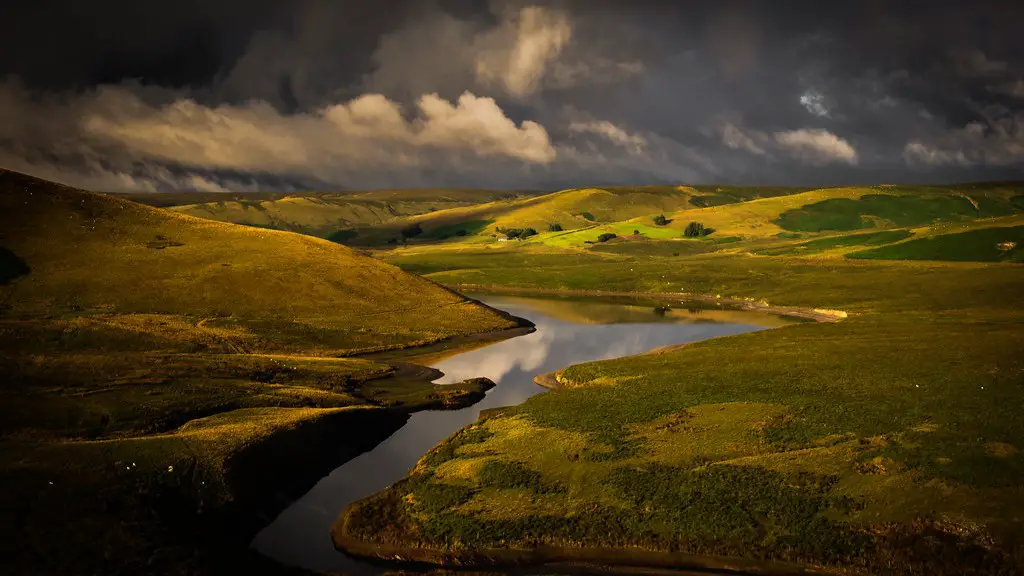Economic Impact
Should the Mississippi River run dry, arguably the largest economic impact would be felt in the way of agricultural losses. The Midwestern United States and Louisiana rely heavily on the rich lands surrounding the river for lucrative farming; when the water table drops, crops suffer and yields drop. Not only that, but the supply of river-sourced shipping would grind to a halt, potentially resulting in lost jobs. Statistics show that without the Mississippi River, agricultural and shipping losses can amount to as much as $51 billion and 321,528 jobs.
Furthermore, with no flow of water, aquatic species who rely on the Mississippi River risk extinction. This would have dramatic effects on the Delta fisheries, particularly in the Gulf of Mexico, who provide jobs and food staples to local populations. Such a drastic fall in seafood could have a potentially massive economic impact, with river-based fishing businesses likely to be some of the most badly affected.
Environmental Impact
The environmental dangers of the Mississippi River running out of water are immense. Having already lost a significant amount of water in recent years due to increased water extraction upstream, the Mississippi is a shadow of its former self. Low water levels have been linked to an increased presence of harmful algal and bacterial blooms, as well as a paradoxically high level of salt content – a direct result of decreased water flow. Apart from health repercussions on the millions of people living near the river, the impacts of a completely dry river could be catastrophic.
With the threat of upstream diversion, not to mention rising salinity, many species are already hard hit; by virtue of the reduced flow, certain species of fish can simply no longer migrate in large numbers. Without the complex network of aquatic and terrestrial biologists provided by the Mississippi, species are being pushed out of the river altogether.
Social Impact
Aside from agriculture and fisheries, the social and cultural impacts of the Mississippi running dry could be devastating. Having been a source of inspiration for countless iconic authors and poets, the river is the lifeblood of many small towns and communities along its banks. Without the river, local businesses and populations would have to find a new source of sustenance.
Furthermore, Mississippi’s wildlife centers offer a huge source of leisure and recreational activities for tourists and locals alike; recent drops in water levels have seen many of these activities forced to adapt or close altogether. Recreational areas like the Old River Control Structure and the Ross Barnett Reservoir risk becoming landlocked or, worse yet, desertified in the event of a fully dry river. Thus, the disappearance of the Mississippi could very well mean the disappearance of an entire unique way of life.
Political Impact
The political ramifications of the Mississippi River running dry could lead to a vastly different United States. With tensions already high between Midwestern states and the federal authorities, a fully dry river could present states like Louisiana with the opportunity to secede – or, at the very least, demand greater autonomy from the federal government. Increased unrest at a state level could lead to a stronger call for water rights on behalf of individual states, potentially even resulting in interstate disputes.
The disappearance of the mighty Mississippi River would also have ramifications far beyond the United States; historically, the river has been a critical factor in international trade and was once relied on heavily by local towns and cities on either side of the border. The result of a dry river in this context could be a dramatic alteration of the North American continent as nations fight each other for access to water and vital resources.
Public Health Impact
The mass disappearance of the Mississippi River would severely jeopardise public health in a number of ways. Research has already suggested that a drop in the river’s water levels can lead to an increased presence of airborne pathogens from algae and bacteria, presenting a huge health risk to local populations. Similarly, the loss of aquatic life due to drought could bring about a massive food crisis, potentially leading to mass starvation.
Moreover, water pollution is already a huge problem and a river with no water could lead to a sharp spike in the amount of toxins and pollutants found within the water. As a result, it could potentially cause severe long-term damage to local wildlife and humans alike.
Climate Change Impact
It’s no secret that the Mississippi is feeling the effects of climate change, with a record-breaking drought in 2012 costing farmers and businesses $2 billion in damages. With temperatures continuing to rise, the risk of another fully dry river is becoming increasingly more likely. As of 2021, the Mississippi supports the water needs of over 5 million people, with the chances of a fully dry river now more real than ever before.
The impacts of a complete drought on the Mississippi would be far-reaching and could have huge economic, environmental, and social repercussions not just for the United States, but for the entire world. With deteriorating water conditions in the face of global warming and increased water extraction, the reality of a mississippi run dry may not be far away.
Species Extinction Impact
In the event that the Mississippi River ran dry, many aquatic species would likely be driven to extinction. As of 2021, the river is already home to many endangered species, such as the pallid sturgeon and the leaky sturgeon. A lack of flow in the river could make it impossible for such species to migrate and reproduce, thereby leading to a mass die-off. Species such as mussels and razorback sucker would be particularly hard-hit, as their lifecycles depend on the availability of stable water sources in order to reproduce.
In addition, with no river to transport suspended material downstream, the composition of the river’s tributaries would be radically altered – in some cases, completely lacking the presence of certain species. The Gulf of Mexico, too, could suffer drastically, with the loss of the Mississippi’s nutrient contribution leading to reduced primary production and further diminishing the deltas’ ability to provide food.
Economic Trade Impact
The loss of water flow in the mighty Mississippi would have dramatic repercussions for the cities and towns along its banks. Trade and commerce, in particular, would be heavily impacted, with agriculture, shipping and the fishing industry significantly weakened.
Moreover, with reduced water supply and increased water pollution, ports and harbours along the Mississippi would almost certainly be detrimentally affected. Navigation in the river would be far more difficult, raising the cost and time required for transport – if it would be possible at all.
The break in maritime activity would also mean decreased revenue for local towns and cities, with many businesses reliant on the Mississippi River’s trade unable to compete in a larger market. The greatest impact here could be felt by towns with economies heavily reliant on transportation and tourism, as goods become more expensive and the land around the river dries up.
Political Instability Impact
The potential of a dry Mississippi could also raise a number of political issues between upstream and downstream states. With tensions already high between over water usage, the prospect of a missing river could potentially destabilise relationships between these states. This could lead to harsher skirmishes over water rights and economic resources.
At a global level, other countries could also be tempted to get involved. The disappearance of the Mississippi would deprive the US of a hugely important trading route, and other countries with increased access to the river’s water could take advantage of this opportunity. Thus, if the Mississippi were to dry up, a huge power struggle could ensue, putting North American politics in turmoil.




